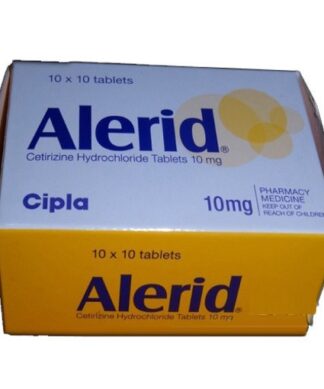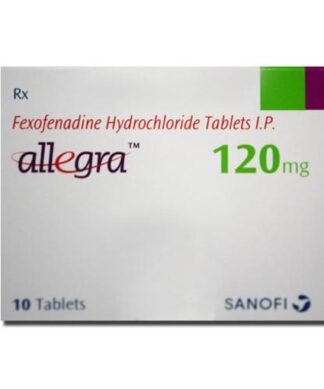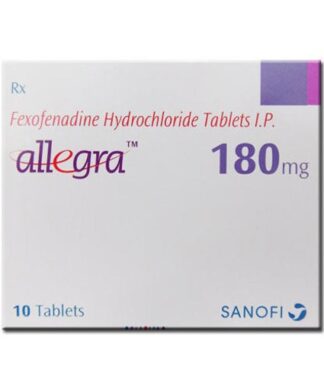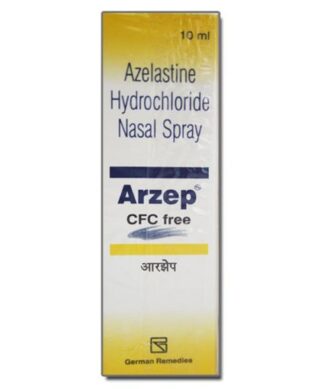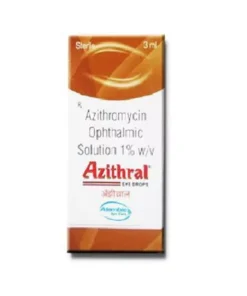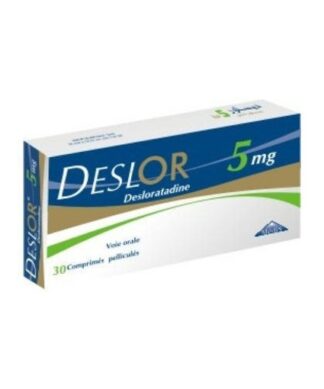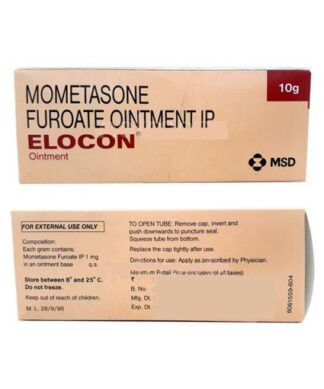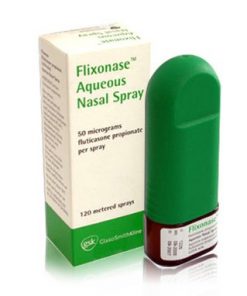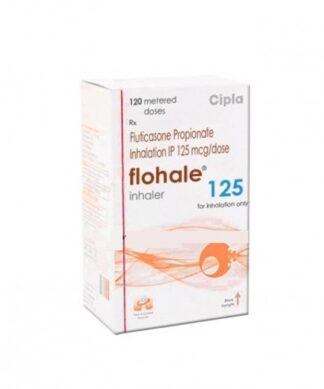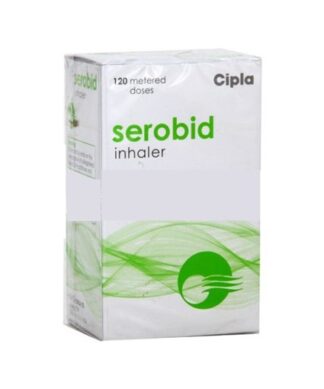What Are Allergies?
Your immune system acts so exaggerated that it attacks something called an allergen, causing an allergic reaction. An allergen is a substance, like pollen or pet dander, that is safe for the vast majority of the population. However, allergies manifest themselves when the immune system tries to fight off the allergen as if it were a germ or a virus, instead of fighting a germ or a virus. When the allergens invade your immune system, it responds by producing an antibody, which is the protein responsible for fighting the allergen. This condition causes sensations such as sneezing, itching, hives, and shortness of breath. Rest can be used to treat these usually mild symptoms. Additionally, allergies can also manifest as a dangerous reaction known as anaphylactic shock, which has a lethal effect.Symptoms
Symptoms of allergy, depending on the involved substance, include narrowed airways, inflamed sinuses and nasal passages, affected skin, and problems with the gastrointestinal system. Allergic reaction manifestations could be mild or could be considerable. In extreme situations, allergens may actually cause a condition referred as anaphylaxis that eventually leads to a death of a person.Hay fever, also called allergic rhinitis, can cause:Hay fever, also called allergic rhinitis, can cause:
- Sneezing
- Itching of the nose, eyes or roof of the mouth
- Runny, stuffy nose
- Watery, red or swollen eyes (conjunctivitis)
A Food allergy can cause:
- Tingling In The Mouth
- Swelling Of The Lips, Tongue, Face Or Throat
- Hives
- Anaphylaxis
An insect sting allergy can cause:
- A large area of swelling (edema) at the sting site
- Itching or hives all over the body
- Cough, chest tightness, wheezing or shortness of breath
- Anaphylaxis
A drug allergy can cause:
- Hives
- Itchy skin
- Rash
- Facial swelling
- Wheezing
- Anaphylaxis
Atopic dermatitis, an allergic skin condition also called eczema, can cause skin to:
- Itch
- Redden
- Flake or peel
Anaphylaxis
- Loss of consciousness
- The pressure of the blood is decreased.
- Severe shortness of breath
- Skin rash
- Lightheadedness
- A rapid, weak pulse
- Nausea and vomiting
FAQs-
What are the 7 allergy symptoms?
The seven common allergy symptoms are sneezing, runny or stuffy nose, itching, watery eyes, hives, rash, and swelling.
What is causes of allergy?
Allergies are caused by the body's immune system overreacting to harmless substances called allergens, such as pollen, pet dander, dust mites, certain foods, and insect venom.
What is the best way to control allergies?
Avoid triggers, take medication like antihistamines, and consider allergen immunotherapy with a doctor's guidance.
What are the 3 stages of an allergic reaction?
The three stages of an allergic reaction are sensitization, activation, and effector.
What is the coolest allergy?
The coolest allergy, in the sense of temperature, could be cold urticaria, which causes hives or welts when the skin is exposed to cold temperatures.
What is a water allergy?
A water allergy, also known as aquagenic urticaria, is a rare condition where the skin develops hives or a rash when it comes into contact with water, regardless of its temperature.


